
In the aftermath of recent clashes between security forces and militants, another exodus of displaced persons is taking place from militancy-plagued Bara Tehsil in Khyber Agency.
Since Friday, when the authorities asked locals to leave their homes following the deaths of three soldiers including an officer and 34 militants during a fire fight, more than 4,000 families have registered at the Jalozai Internally Displaced Persons (IDPs) camp, some 10 kilometres south of Grand Trunk (GT) Road in Nowshera District.
Authorities in Jalozai camp said that new registration has been stopped till Friday.
Jalozai Camp Administrator Noor Akbar told The Express Tribune that they have registered around 4,500 families during the past three days.
“733 families were registered on the first day, 899 on the second, and 3,007 families on the third day, around 4,639 families in total,” Akbar said.
The number of displaced people may go up to around 25,000 people.
The camp is home to 5,350 families, a dramatic reduction after many families from the Bajaur and Mohmand regions returned to their homes following a voluntary repatriation scheme launched by the authorities earlier this year. The total population had come down to 27,532 after hovering above 90,000 for a long time.
The current exodus is likely to increase the population by around 100 per cent, although at present, only 200 new families are staying at the camp, with the others biding their time with friends and relatives.
Inside the camp, amid the huge hodgepodge of tents, activity is brisk, as vehicles carrying tribesmen continue to arrive. Several tribesmen were seen gathered outside the camp administration building.
Those at the camp were weary and fearful due to the combined effect of the sluggish relief response from authorities and their own personal experiences living in a conflict zone for so long.
Saeed Rehman, a resident of Malik Dinkhel, said that he has been here at the Jalozai Camp for the past two days. “The political authorities asked us to leave our homes by 12 noon. We did not look back and left our homes,” Saeed said.
He added that they left everything behind and came to Jalozai camp, as the authorities had directed them to do.
However, he has yet to get his own tent and shares one with his fellow villager, Mohabaat Khan, who has been living here for the past two years. “My 14-member family has become a huge burden for my hosts,” he says, while trying to diffuse his weariness with a faint smile.
However, Maroof Gul, a Sipah tribesman, has another explanation for this new wave of displacement. “All this started due to the visit of the American woman,” he said, as he thought back and finally managed to pronounce her name. “[US Secretary of State] Hillary Clinton,” he said.
“When she arrived in Pakistan, three helicopters arrived and started shelling the area. We left later that evening and spent the night in Batatal in the outskirts of Peshawar, and arrived in Jalozai the next day, he said.
This is not Gul’s first stint at Jalozai. He left the camp just two months back, only to be homeless again. Gul still feels lucky, for at least this time he has a tent, as he was sleeping under the night sky during his previous stay.
Umar Baz, another tribesman, is still skeptical of peace prospects in the aftermath of the fourth operation. “If the government wants to establish real peace, then normalcy may return to the area; otherwise, there is no chance of calm returning to Bara,” he said.
The pain is greatest though for the youngest victims. Third grader Mohammadullah has lost not only his home, but also his school. Mohammad had recently gotten admission in a school near Peshawar after all the schools in his area were closed down or destroyed.
“Even the bricks of schools in Bara were taken away. There is nothing left,” he said, pondering over when, if ever, he could wake up and just go to school.
Published in The Express Tribune, October 26th, 2011.





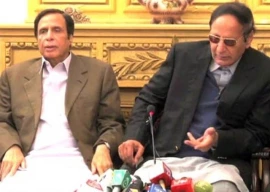
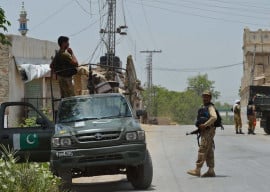
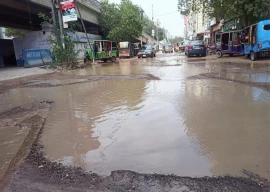
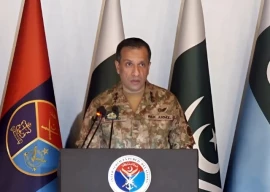



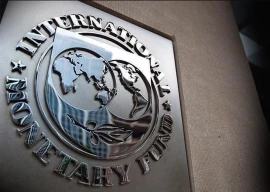
1725434334-0/Untitled-design-(35)1725434334-0-270x192.webp)
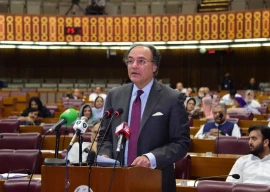







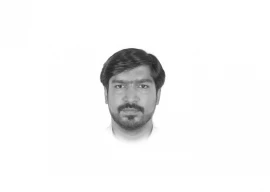
COMMENTS
Comments are moderated and generally will be posted if they are on-topic and not abusive.
For more information, please see our Comments FAQ